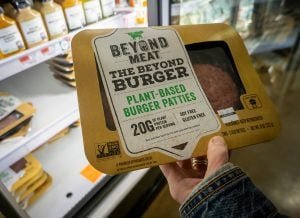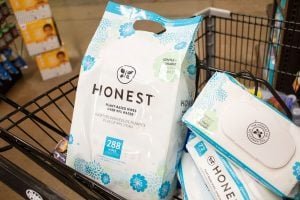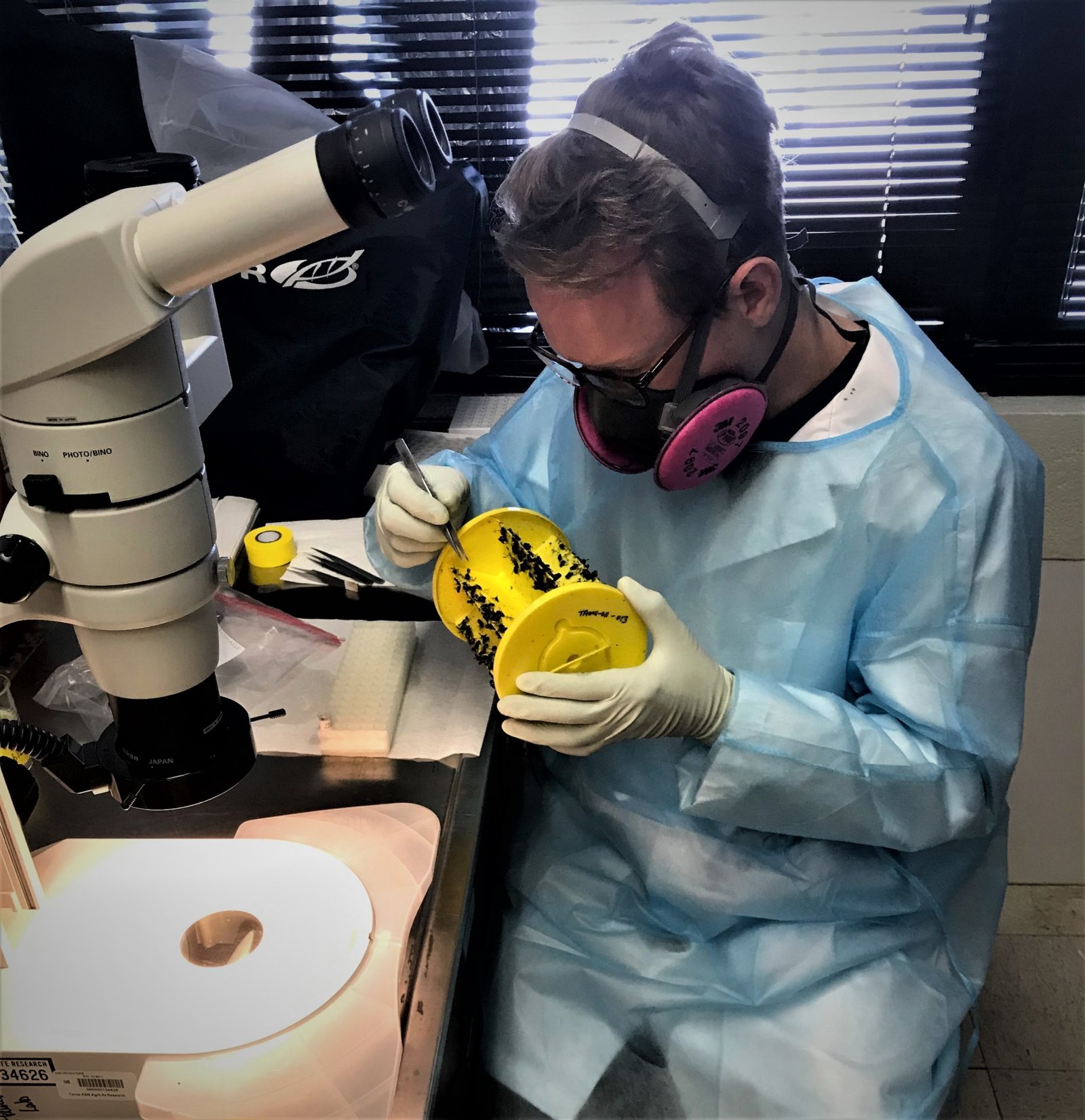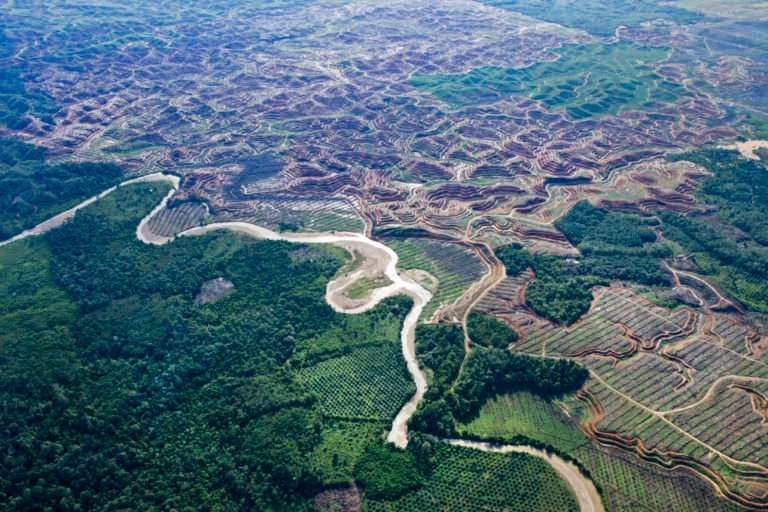Farmers readily talk about their role in producing food, fiber, and fuel, but the reality is that their contributions stretch quite broadly across society’s products. Plant-based materials contribute to a host of paper products, cleaners, and personal care products, while byproducts from animals are also widespread throughout society, including being used in adhesives, air filters, beauty and skin care, medicines, and lubricants. In both instances, almost nothing from the farmer goes to waste.
As more and more options for products come on the market, U.S. consumers have a choice in what they purchase, and that means they can go beyond availability and consider things like ingredients, cost, and corporate stewardship in their buying decisions.
In a report released today by the Plant Based Products Council, an advocacy organization for plant-based consumer products and packaging, findings show that 71 percent of consumers reported they consciously think about products and packaging made from plant-based materials when they shop. Of that total, 12 percent replied that plant-based is always a consideration.
That largely falls in line with the 10 percent of Americans over the age of 18 who consider themselves vegan or vegetarian. The focus from plant-based advocates is on renewable plant inputs such as corn, soy, and hemp.

Some of the approaches to plant-based products have divided stakeholders in the industry, especially when overlapping terminology is used on food labels or when marketing claims elevate one type of product over another. Some states have even pushed forward with laws that stifle food alternatives and innovation in this space.
» Related: A letter to animal ag: Back off of fake meat and milk
According to the report, consumers cited recyclability, composability, and the environment as the top reasons for purchasing a plant-based product. At the same time, 21 percent of consumers reported inaccessible waste disposal infrastructure as a top factor when deciding not to purchase these types of products.
And after learning that farmers and those in the agriculture industry are making it possible to produce products and materials made from plants, 69 percent of consumers said they feel more favorable toward farmers and those in the ag industry.
“Iowa Corn is dedicated to finding new uses and markets for corn to meet our mission for long-term Iowa corn farmer profitability,” says Stan Nelson, a farmer and representative of Plant Based Products Council member Iowa Corn Promotion Board. “Corn farmers effectively produce corn in a sustainable way, and the next step is to gain market access and grow demand for new plant-based products.”
The council’s executive director, Jessica Bowman, said, “Awareness has been one of our biggest hurdles as an industry — this year’s findings show that we are overcoming that.”
Shortcomings in plant-based product categories, however, still linger with things like diapers, shoes, flooring, automotive parts, and storage bags, where large swaths of people replied that they are either “Not very familiar” or “Not at all familiar” with these kinds of items.


Of course, any interest in purchasing a plant-based product in the near future (as nearly nine in 10 consumers are) doesn’t automatically mean that it’s a stab against the livestock industry or any kind of animal production. It could be as simple as choosing paper plant-based straw for your kids compared to a plastic one — something that few would argue is a more viable environmental choice.
Consumers “expect businesses to offer sustainable alternatives to products that are well-known to be harmful to the environment — and in many cases are willing to pay more for that sustainable product,” says Brett Featherston, global vice president of sales of council member Evanesce, a company that makes compostable packaging to compete with Styrofoam.
One thing that does stand out in the research by the Plant Based Products Council is that more people are concerned about the “greenwashing” of products — meaning that companies market themselves and their products as more sustainable and environmentally friendly than they really are. Eighty-four percent of respondents said that this was at least somewhat of a concern to them. Furthermore, 66 percent said that a political candidate’s support for sustainability initiatives around energy, agriculture, waste, alternatives to plastic, clean air, clean water, and/or the environment would be a driver in their voting decision.
“We expect consumers’ growing demand to continue,” Bowman said.
The Plant Based Products Council said its annual report was based on a nationally representative sample of 1,000 U.S. consumers who responded to an online survey fielded from April to May 2022.
(function(d, s, id) {
var js, fjs = d.getElementsByTagName(s)[0];
if (d.getElementById(id)) return;
js = d.createElement(s); js.id = id;
js.src = “//connect.facebook.net/en_US/sdk.js#xfbml=1&version=v2.8&appId=320025038337187”;
fjs.parentNode.insertBefore(js, fjs);
}(document, ‘script’, ‘facebook-jssdk’));
Source link












